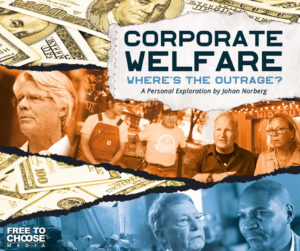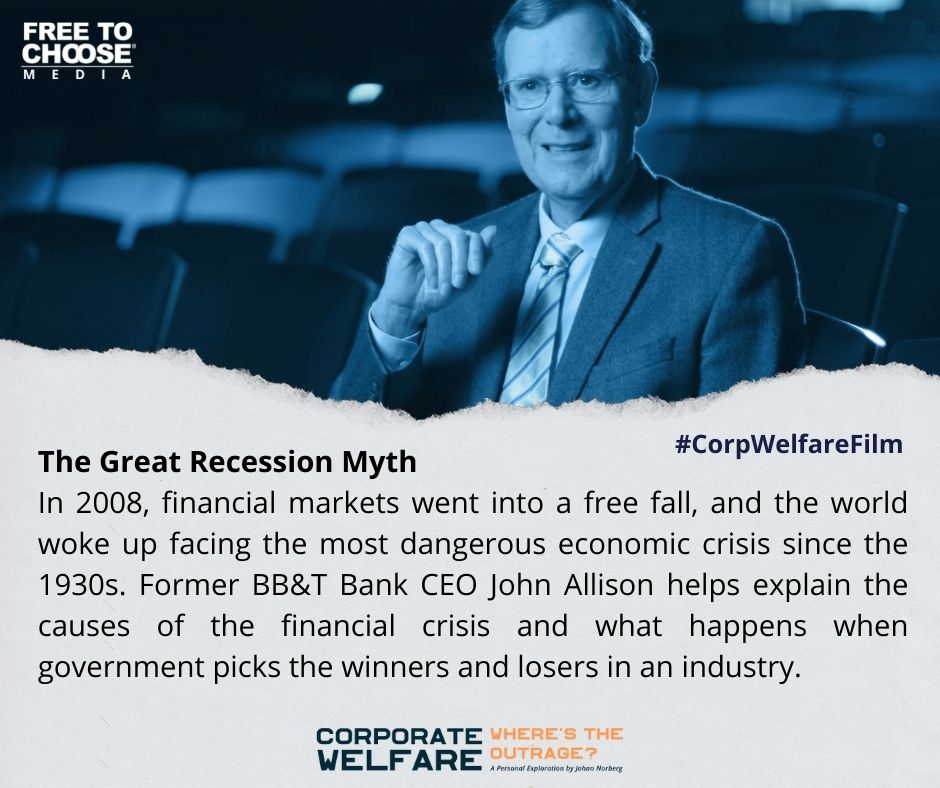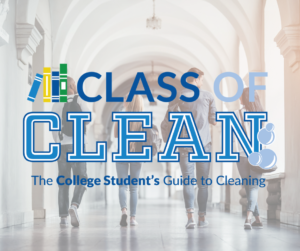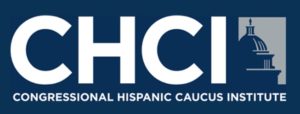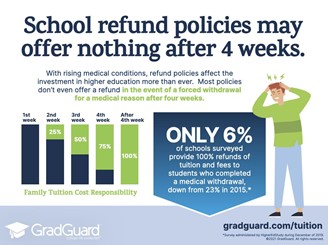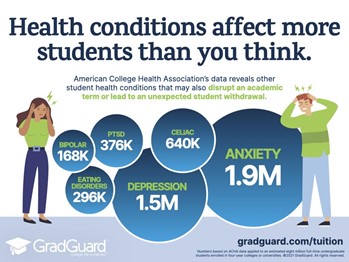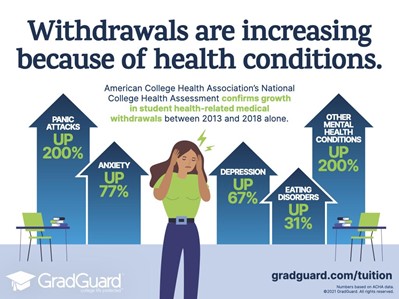![]()
Prime Student members can now save hundreds of dollars with exclusive offers from Grubhub, Calm, StudentUniverse, and Course Hero for a limited time
As college students settle into their new fall routines, Amazon is offering great deals they all can benefit from with Prime Student. Prime Student is a membership designed for college students that offers the best of shopping, savings, and entertainment from Amazon, plus exclusive perks and offers for college life. Members can enjoy fast and free delivery, movies and TV shows with Prime Video, ad-free listening of 2 million songs plus thousands of stations and playlists with Amazon Music, more than 3,000 books, magazines, and comics with Prime Reading, free in-game content and games with Prime Gaming, and more.
New this year, Prime Student members can now get free food delivery, meditation, discounted flights, homework help, and more exclusive savings from their favorite brands including Grubhub, Calm, StudentUniverse, and Course Hero for a limited time. College students can sign up for a six-month trial at amazon.com/joinstudent, and then enjoy Prime at half the price for just $6.49 per month or $59 per year.
New Prime Student Offers That Will Make Your Year
Along with exclusive deals and perks year-round, new and current Prime Student members can now save hundreds of dollars with limited time offers and exclusive discounts at amazon.com/student, including:
• Grubhub+ Student: Dining hall, who? Prime Student members can now get a free Grubhub+ Student monthly membership which includes free unlimited food delivery (off-campus orders over $12), special perks, donation matching, and ability to earn 10% back on pickup orders with Grubhub+ Student Cash.
• Calm: Students can experience three months of Calm, the No. 1 app for meditation and sleep, for free, and then for just $8.99/year (normally $69.99/year). This gives Prime Student members access to Calm’s Premium subscription which includes music, sleep stories, and more to help you relax.
• StudentUniverse: It’s never too early to start planning your trip home for the holiday season. Prime Student members can get up to 10% off flights and hotels (many of which are already discounted) from StudentUniverse, plus free premium customer support with every booking.
• Course Hero: No more cramming before an exam the night before. Prime Student members can enjoy one month of Course Hero for free, then pay just $9.95/month (normally $39.95/month). Access resources for your courses with step-by-step explanations, 24/7 homework help, textbook solutions, and more.
• Prime Video Channels: Roomies night in has never been easier. Add channels like SHOWTIME, EPIX, ALLBLK, Sundance Now, and more for just 99 cents/month each for up to 12 months (normally $3.99 to $10.99/month).
• Amazon Music Unlimited: Upgrade to Amazon Music Unlimited, the premium subscription tier of Amazon Music for just 99 cents/month to access more than 75 million songs. Amazon Music Unlimited Student Plan now includes access to Amazon Music HD at no extra cost, offering the highest-quality streaming audio.
College Essentials Straight to Your Dorm Room
Whether students are putting the finishing touches on their dorm room décor, need a calculator for a new course, or shopping for their first off-campus apartment, Amazon has the widest selection of college essentials with low prices and convenient delivery options at amazon.com/offtocollege. Amazon offers the lowest prices on back-to-school products and college supplies, on average 10% less than other retailers, according to a recent study by ecommerce analytics firm Profitero. Plus, Prime Student members can enjoy unlimited fast, free delivery on millions of items. So, no worries if you left your calculator at home this semester – Amazon’s got you covered.
Contact
Amazon.com, Inc.
Media Hotline
Amazon-pr@amazon.com
www.amazon.com/pr

